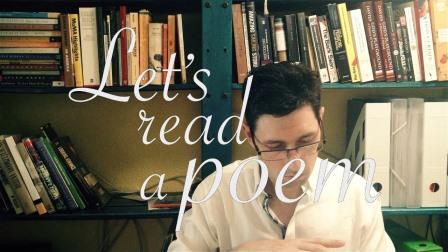This is our third and the final installment on the Chaos in the English language. In our very first blog, we explained how “invasion and theft” made English a language of chaos and capricious mess. Then, in our second part, we uncovered how “economy of efforts” transformed The English Language.
In this final part, we will see how snobbery made the English language a losing game.
It began in the 11th century, when French was considered as a high-standard language and loaded up all our culinary, legal and lyrical vocabularies. But snobbery reached its pinnacle when various intellectuals and scholars developed a crush on the ancient classics. They started experimenting with classics by borrowing words wholesale; consequently, today we have various scientific and technical terms in the English language that have been derived from Latin and Greek. However, while creating crush, they also decided to keep the words we already had just to ensure the remix they are creating should contain the flair to appeal to be a classical heritage.
For instance, “peple” derived from the Latin word “populous,” and to maintain its nobility, “o” had been added to make it “people.” Similarly, the letter “b” was added to “det” derived from “debitum” to make it “debt.” It was done with many words like indi(c)tablefau(l)t. Occasionally, scholars changed their dictions just to match their spellings, like in fault. Though none of them make any sense, but this is how it all happened.
Sometimes, the re-spellings were all wrong if we see them from etymology. For instance, the word “isle” (formerlyile) came from “insula” (hence the s), but “Island” came from old English “Iegland.”
Over the last couple of centuries, another reason or layer of snobbery that glorifies the complications of the English language across the Atlantic was national pride. Take a glance at some words that create a difference between the American and the British English by spellings.
Color for colour, center for centre, favorite for favourite, leukemia for leukaemia and may others. It is known to be American simplifications of spelling that desires to create a distinctive American English.
Now, the situation is like we don’t want to spell things as they sound or you can say we have become habitual of using snobbish English. The spellings like hed, lafter, dotter, hart, and det would look to you uneducated, right? Perhaps, the truth is we enjoy this discomfort and such arbitrary practices.It makes English the language of peculiaritiesand mystery.
So the chaos in English all started with Greed, then the economy of efforts glorified it, but snobbishness lionized it. Whom to blame, it all transpired because of us humans!
No need to worry, though. Being a leading translation agency, we would never hesitate to call a spade a spade. Further, our translation experts have gained a par excellence in dealing with such mess. For document translation, we are certainly the one you can rely upon. For any query, or language translation related services, you can reach us at 888-670-3369.
